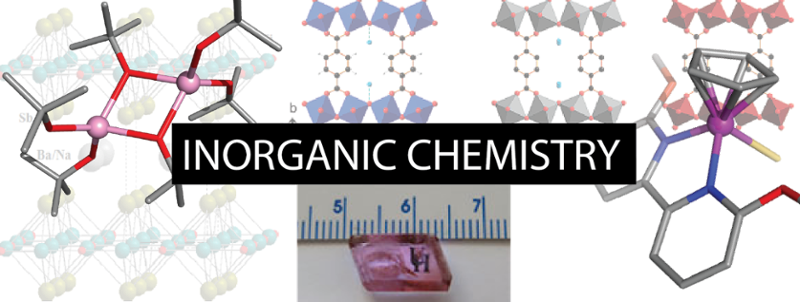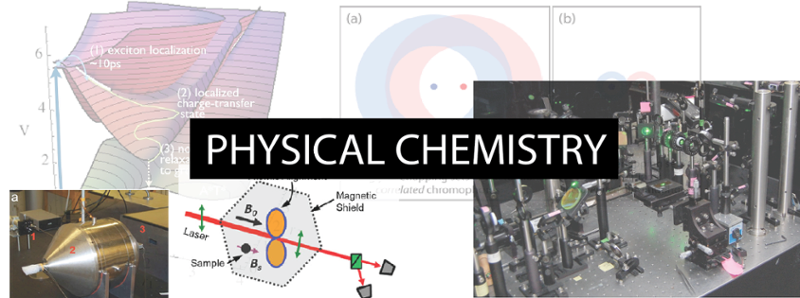About Our Department

The Department of Chemistry at the University of Houston is ranked by the National Research Council in the top 50% of 212 doctoral programs in the U.S. Members of the faculty, postdoctoral researchers, graduate students, and undergraduate students perform cutting-edge research in diverse areas of chemistry, chemical biology, and materials chemistry. There is a strong emphasis on cross-disciplinary research involving other UH departments and colleges, and universities throughout the world. Chemistry faculty members have been recognized nationally and internationally for their research and teaching with Guggenheim, Dreyfus, Sloan, Fulbright, Beckman, NSF Career, Cottrell, Keck, and Humboldt awards.

Research in the organic chemistry division spans a wide range of areas, ranging from the synthesis and study of complex natural products and medicinally important compounds to the development of practical synthetic methodologies to access diverse classes of molecules. Many research groups are engaged in interdisciplinary projects, such as work in the fields of supramolecular chemistry, surface chemistry, chemical sensors, chemical biology, bioorganic chemistry, and renewable energy. Notable achievements in the organic chemistry division include advances in directed C–H bond activation, potential treatments for drug addiction, preparation of anti-fouling coatings, molecular water oxidation catalysis, and many others.
Researchers

Faculty and students in the inorganic division are engaged in a number of important research areas where metal-containing molecules and materials play pivotal roles. Researchers in this division devise novel synthetic methods to access new catalysts for chemical reactions, to prepare new materials that have applications in magnetism and superconductivity, and to design new molecules and extended solids that possess unique optical properties. With access to instrumental resources within the Department of Chemistry and the Texas Center for Superconductivity, faculty and students in the inorganic division are well-positioned to explore numerous topics at the forefront of modern inorganic and materials chemistry.
Researchers

The nature of physical chemistry is inherently multidisciplinary. Theoretical and experimental physical chemistry research allows for a fundamental understanding of chemical systems. In the physical chemistry division, experimental research groups use state-of-the-art instrumentation for nonlinear spectroscopic, magnetic resonance, and ultrafast electron imaging techniques to study the structure and dynamics of complex systems in surface chemistry, electrochemistry, materials science, and biomedicine. Theoretical research groups study problems at the frontiers of quantum dynamics and phase transitions, ultrafast processes, strongly nonequilibrium and disordered systems, and modern computational science in materials science, molecular electronics, and biophysics.